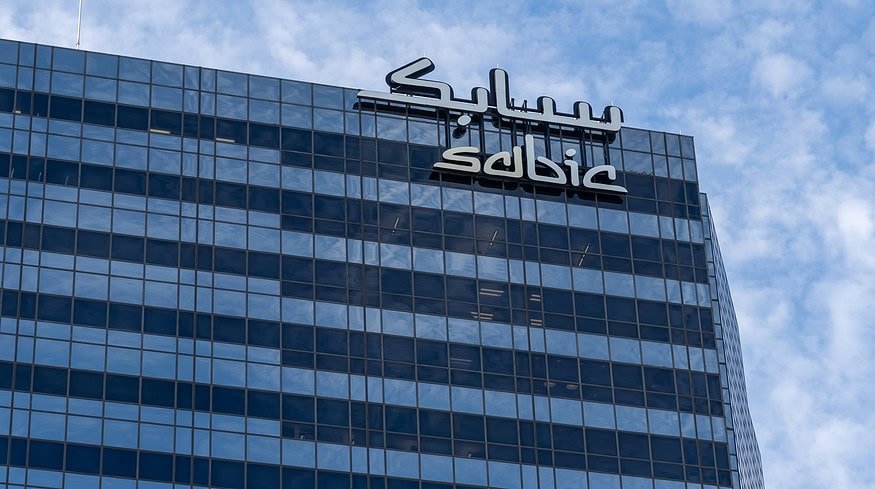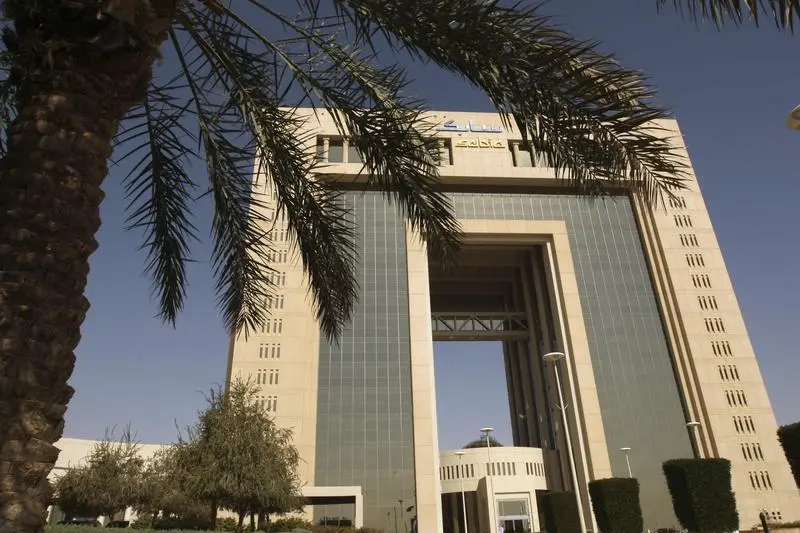Saudi Arabia’s industrial powerhouse, Saudi Basic Industries Corporation (SABIC), has taken a significant step by exploring an initial public offering (IPO) for its gas subsidiary. The news of a potential SABIC gas subsidiary IPO has sparked widespread interest among investors and industry analysts. This move reflects Saudi Arabia’s broader vision of economic diversification, reducing dependence on crude oil exports, and attracting global investments into its evolving energy sector.
What is SABIC and why does it matter?
SABIC, headquartered in Riyadh, is one of the world’s largest petrochemical manufacturers and a crown jewel in Saudi Arabia’s industrial portfolio. Established in 1976, SABIC has become synonymous with innovation, scale, and industrial success, not just in the Middle East but globally.
SABIC’s core business includes chemicals, metals, fertilizers, and plastics. Over the years, it has played a vital role in transforming Saudi Arabia into a global manufacturing hub. A move to spin off its gas subsidiary through an IPO is a strategic pivot aligning with Vision 2030, Saudi Arabia’s national blueprint to diversify its economy.

Why is SABIC considering an IPO for its gas subsidiary?
The decision to explore an IPO for its gas business is driven by multiple strategic objectives:
- Raising capital for growth: By listing its gas subsidiary, SABIC can raise significant capital that can be reinvested into new projects, technologies, and expansions.
- Unlocking value: An IPO would help unlock the hidden value of its gas assets, providing transparency and potentially boosting the company’s overall valuation.
- Attracting global investors: Listing a gas-focused entity offers an opportunity for global institutional and retail investors to participate in Saudi Arabia’s gas sector growth story.
- Supporting Vision 2030: The Saudi government is pushing state-owned enterprises to partially privatize their assets to create a more dynamic, diversified economy.
The rising importance of gas in Saudi Arabia’s energy strategy
Saudi Arabia, traditionally known as an oil giant, has been shifting focus to natural gas as part of its long-term energy strategy. The country holds the eighth-largest proven gas reserves globally, and its leadership has ambitious plans to develop this resource for domestic use and exports.
Gas is a cleaner-burning fuel compared to oil, and it plays a crucial role in the global energy transition towards lower-carbon solutions. By monetizing its gas assets through the SABIC gas subsidiary IPO, the kingdom aims to leverage this transition and position itself as a competitive global gas supplier.

How might the IPO be structured?
Though official details are yet to be disclosed, analysts expect the SABIC gas subsidiary IPO could follow a similar approach to Saudi Aramco’s landmark listing in 2019. Possible scenarios include:
- Minority stake offering: SABIC may offer a minority stake (5-30%) to keep control while attracting new investors.
- Dual listing possibility: Depending on investor appetite, SABIC could consider a dual listing on the Saudi Tadawul exchange and an international exchange, increasing global visibility.
- Valuation expectations: Early estimates suggest a potential multi-billion-dollar valuation, though this would depend on market conditions and asset specifics.
Potential benefits of the SABIC gas subsidiary IPO
Strengthening SABIC’s balance sheet
IPO proceeds can provide SABIC with the financial flexibility to pursue high-value projects, including expansion in specialty chemicals, research into sustainable materials, and global acquisitions.
Enhancing market transparency
Public listing of a gas subsidiary will require more transparent reporting and governance. This increased transparency is likely to improve operational efficiency and investor confidence.
Supporting national economic goals
Revenue from the IPO supports Saudi Arabia’s non-oil revenue goals, contributing to economic diversification and job creation within the kingdom.
Boosting investor confidence
A successful IPO could strengthen global investor confidence in Saudi corporate governance and capital markets, paving the way for future listings from other sectors.
Risks and challenges ahead
While the potential upside of the SABIC gas subsidiary IPO is significant, there are challenges to consider:
- Market volatility: Geopolitical tensions, global interest rate changes, and energy price fluctuations can impact investor sentiment.
- Regulatory scrutiny: Increased public scrutiny post-IPO means higher compliance and disclosure standards.
- Valuation risks: Investors may perceive risk differently, affecting the final valuation SABIC can achieve.
- Execution risk: Coordinating a large-scale IPO requires meticulous planning and timing to avoid reputational or financial setbacks.
How investors are reacting
Initial reactions from local and global investors have been mostly positive. Analysts see this as an opportunity to tap into Saudi Arabia’s growing gas market, which is expected to expand rapidly in the coming decades.
Several institutional investors have expressed preliminary interest, encouraged by the strong financial performance of SABIC’s gas operations and the broader push towards natural gas and clean energy.
Comparisons with Saudi Aramco’s IPO
Many draw parallels between the SABIC gas subsidiary IPO and Saudi Aramco’s historic IPO, which raised $29.4 billion in 2019. While Aramco’s listing was primarily about crude oil, SABIC’s gas IPO is focused on a cleaner, more future-oriented energy segment.
The success of Aramco has shown that there is strong appetite for high-quality, state-backed assets from Saudi Arabia. However, it also highlighted challenges around transparency and global investor perception — issues SABIC will need to manage carefully.
What this means for Saudi Arabia’s Vision 2030
The potential IPO strongly supports the Vision 2030 framework, which aims to create a vibrant society, thriving economy, and ambitious nation. By listing its gas subsidiary, SABIC:
- Diversifies revenue streams beyond oil.
- Stimulates private sector growth through public market participation.
- Attracts foreign direct investment (FDI).
- Promotes job creation and skill development in emerging energy sectors.
Global energy transition and the role of natural gas
Natural gas is increasingly viewed as a “bridge fuel” that can support the transition from high-emission fossil fuels like coal and oil to renewable energy sources such as solar and wind.
Saudi Arabia, by expanding its natural gas footprint through this IPO, could establish itself as a key player in this global transition. For investors who prioritize ESG (Environmental, Social, and Governance) considerations, the SABIC gas subsidiary IPO represents an attractive opportunity aligned with cleaner energy trends.

Strategic timing
SABIC’s move comes at a time when global demand for gas is expected to rise steadily. Recent geopolitical developments in Europe and Asia have underscored the importance of energy security and diversified supply chains, creating a favorable backdrop for new gas investments.
Possible future expansions
Beyond the IPO, SABIC could use the new funds to:
- Develop domestic gas fields and infrastructure.
- Invest in LNG (liquefied natural gas) projects for export markets.
- Explore hydrogen and other low-carbon technologies in parallel with natural gas development.
- Strengthen R&D for cleaner energy solutions.
A strong signal to the market
The announcement of a possible SABIC gas subsidiary IPO sends a strong signal to both regional and global markets: Saudi Arabia is serious about evolving its energy sector, opening up its economy, and inviting global investors to share in its growth story.
Conclusion: A bold move with global impact
The potential listing of SABIC’s gas subsidiary is more than just a corporate transaction. It represents a bold move by one of Saudi Arabia’s most prominent companies to reshape its future, support national development goals, and engage the global investment community.
While many details remain to be finalized — including stake size, valuation, and timeline — the strategic rationale is clear. SABIC is positioning itself to leverage global trends in clean energy, strengthen its financial foundation, and contribute meaningfully to Saudi Arabia’s economic transformation.
As the story unfolds, investors and industry observers will be watching closely. If executed successfully, the SABIC gas subsidiary IPO could become another landmark moment in the Middle East’s journey from an oil-dependent economy to a diversified, future-ready powerhouse.
Follow us on Instagram: UAE STORIES
Read More: UAE National Day 2025 Could Mean a 5-Day Long Weekend













